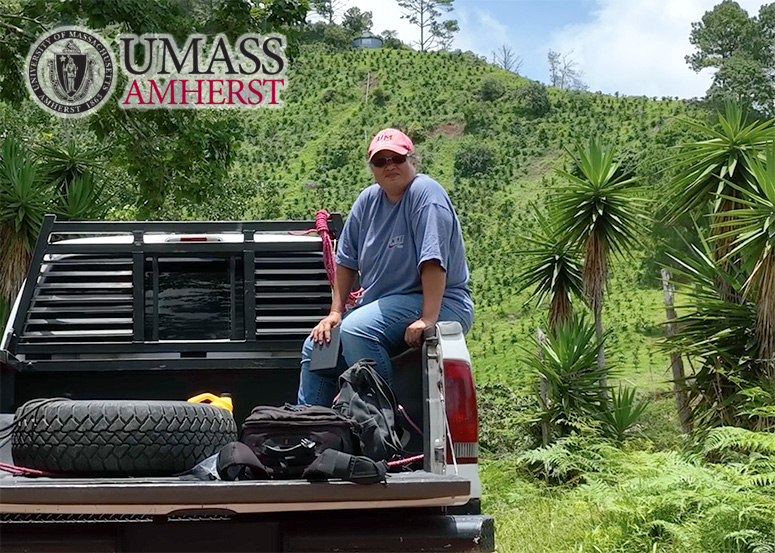


A new research framework designed to best respond to ecological threats across shared landscapes has been officially announced and published. The research is led by a Honduran female scientist and founded on extensive local and traditional knowledge.
Ana Quiñónez Camarillo, a Ph.D. candidate in environmental conservation at University of Massachusetts-Amherst (UMass) and Honduran native; Along with co-author, UMass Amherst Professor of Environmental Conservation, Timothy Randhir, developed this framework to address watershed issues in Lake Yojoa, Honduras; One that is widely applicable to a broad range of ecological threats worldwide.
UMass Amherst published the story, in which Quiñónez Camarillo expresses the critical importance of including local people when designing successful, environmental conservation strategies:
“One of the biggest issues facing international sustainability efforts is that smaller, less economically developed countries often don’t have the resources to conduct nuanced, in-depth surveys of local people and the local environment in the threatened area … And so environmental organizations often wind up pushing a top-down conservation strategy, which may or may not be acceptable to the local people. If the strategy isn’t acceptable, then it may fail, costing time, money, goodwill and further endangering ecological and social health.”
Quiñónez Camarillo and Randhir conducted 224 surveys across 12 communities within the Lake Yojoa watershed and engaged with 24 other stakeholders ranging from private companies to National parks. According to Quiñónez Camarillo, their new framework can be useful in analyzing whether or not big solutions actually affect and reflect the things that people really care about at the grassroots level.
For more Yoro Biological Corridor research, see our Resources page.